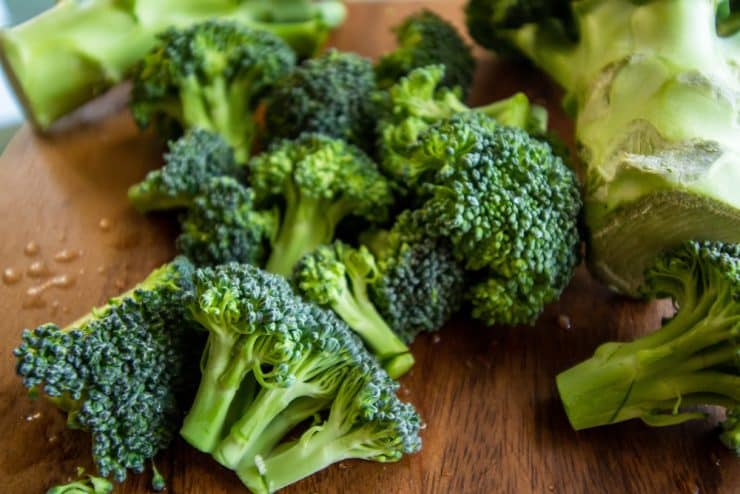Broccoli
Sulforaphane, a plant chemical included in cruciferous vegetables that may have significant anticancer properties, is a component of broccoli. Sulforaphane decreased the size and number of breast cancer cells by up to 75%, according to test-tube research.
In a similar manner, sulforaphane treatment reduced tumor size in mice by more than 50% and helped in the death of prostate cancer cells, according to an animal study. Higher consumption of cruciferous vegetables like broccoli has also been related in certain studies to a reduced risk of colorectal cancer. Eating more cruciferous vegetables was linked to a lower risk of colorectal and colon cancer, according to one review of 35 research. Including broccoli in a few of your meals, each week may help prevent cancer.
However, keep in mind that the research that is available today hasn't specifically examined how broccoli can affect cancer in people. Instead, it has only focused on test-tube and observational studies that either examined the effects of cruciferous vegetables or the effects of a particular component found in broccoli. More research is therefore required.












